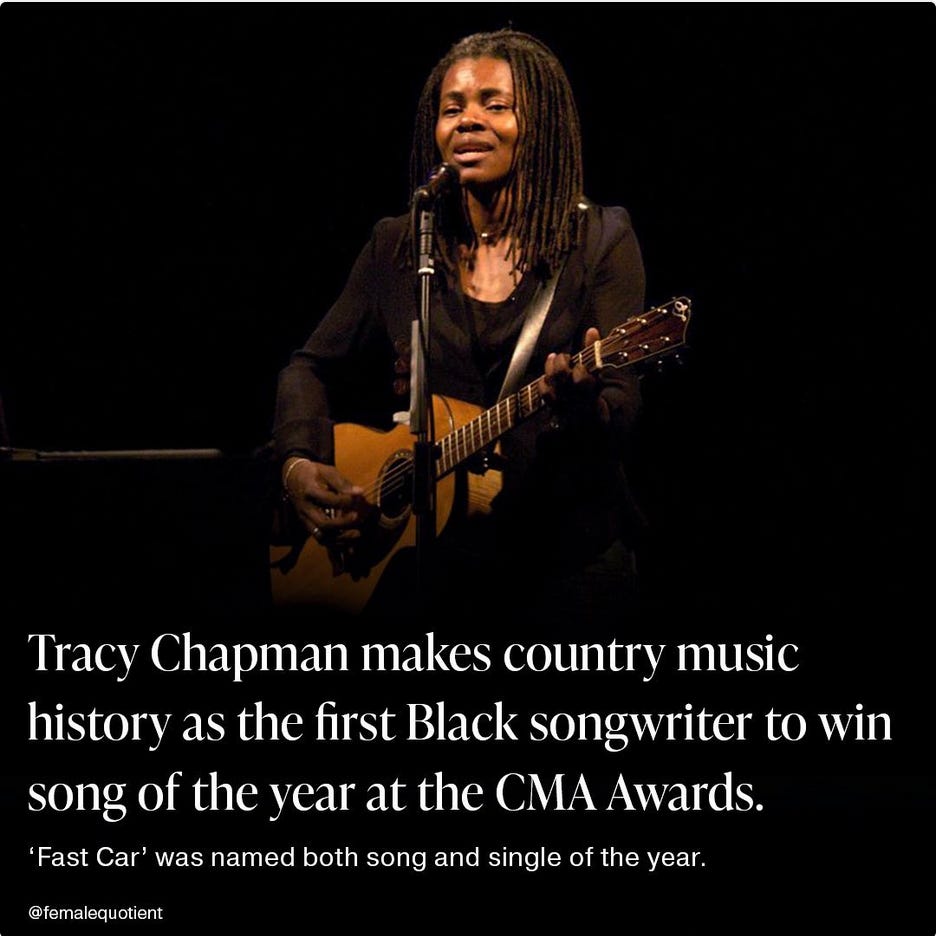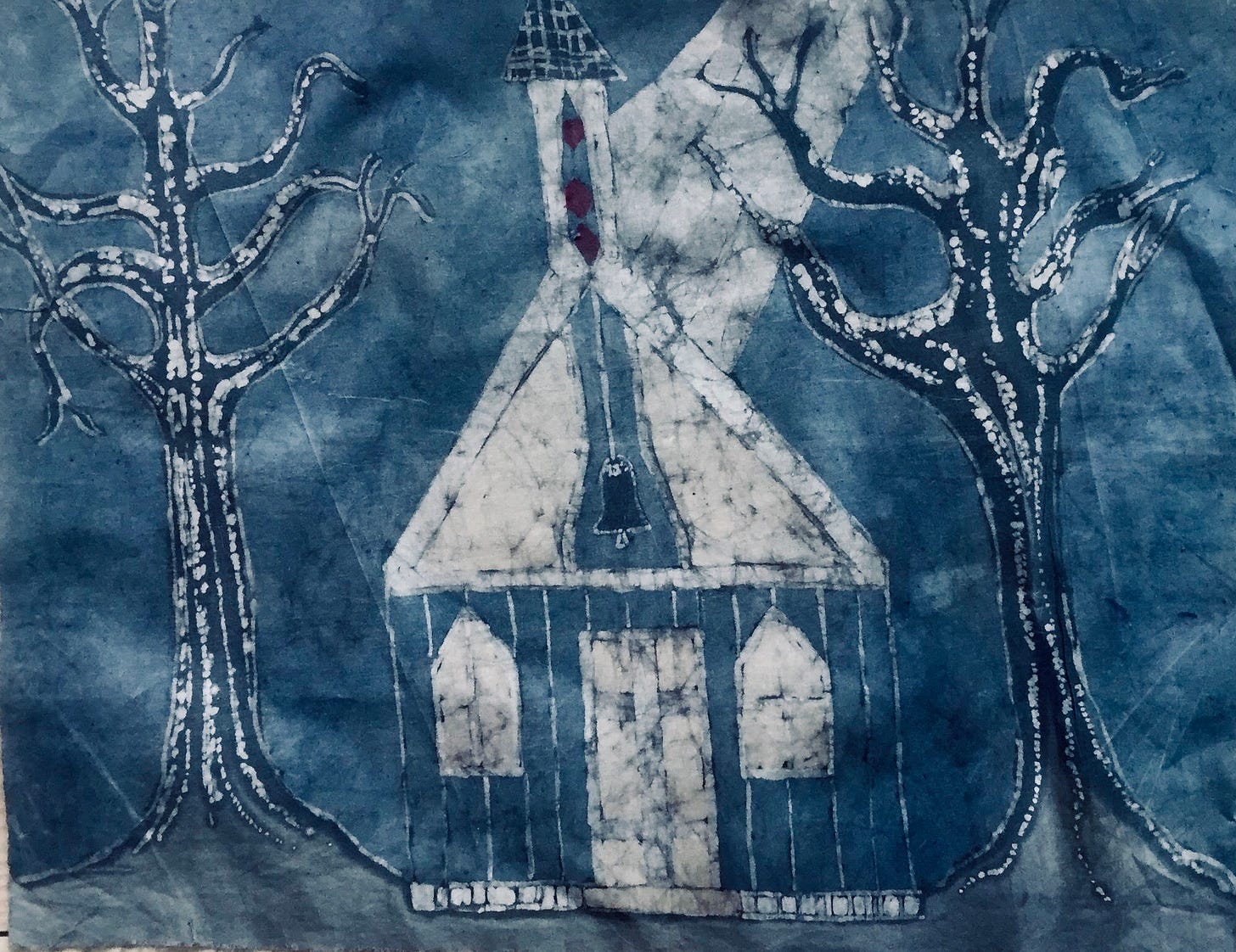"You got a fast car/I want a ticket to anywhere/Maybe we make a deal/Maybe together we can get somewhere/Anyplace is better/Starting from zero got nothing to lose/Maybe we’ll make something/But me myself I got nothing to prove" Tracy Chapman, "Fast Car"
I've been telling people for years that I'm "Jung at Heart"--mostly because it gets a good laugh, (something I'm always after as the youngest of six kids) but truly because I dig the work of Carl Jung. Jung, whose ideas permeate our culture today (archetype, the collective unconscious, and synchronicity to name a few) was a Swiss psychologist who found his footing alongside his collaborator, Freud (you prob. know that guy), only to move away from Freud's teachings to create what is today known as analytical psychology.
Raised with lore, legend, and a heathy skepticism concerning what is known as "consensual reality" (har har!) it's not difficult to understand why Jung's ideas hold resonance for me—and my entire family of origin (one of my sisters is currently in training to become a Jungian coach!).
But for our purposes here, I want to use Jung's idea of synchronicity --and perhaps his notion of the collective unconscious fits here as well--as a framework for understanding the gooseflesh on my arm when I heard on the radio a couple of days back that Tracy Chapman was awarded two Country Music Awards (Song & Single of the Year) for her 1988 song, "Fast Car," (which was covered to much acclaim by country superstar Luke Combs this past year)--a distinction that makes [the phenomenal!] Chapman the first black songwriter to win the CMA's Song of the Year award.
I heard the announcement on the radio just as I was piling the kids into the truck for school. Usually this is the moment (after the piling, the waving, the watching the vehicle turn the corner and drive out of sight) when I walk back into the house to attend to my writing practice.
For the past year I have been considering how I might write with my sister Sara in mind. Sara, nearly two decades my senior, was a poet and artist and she died, unforeseeably, in 2022. A few months after she died I penned a bunch of poems and released a small chapbook, but these poems were drenched in grief and, as is probably true of all art born of grief, were more about me as aggrieved person than about my sister herself.
So since then, I have been wondering how to write not about my sister (as subject or object), but instead alongside my sister, as collaborator. What do I mean? I'm not sure I can explain. I'm not sure you need me to explain.
So a few days before I heard about Tracy Chapman's big, much-deserved win, I had finally found the (courage? energetic frequency? emotional space? I'm not sure) needed to write. Writing the poem felt really good. Its subject is one of my favourite memories of life with Sara: dancing with my sister to Tracy Chapman’s “Fast Car.”
When you are dancing, it doesn't matter whose definition of sanity counts. It doesn't matter if the walls have ears or eyes. It doesn't matter if your mom is sick or if there is money for butter. When you are dancing with someone you love, all that matters is the moment, the connection, the dance. The song that carries your bodies.
“Fast Car” is a sad, even sorrowful, song. But sorrow has force and life, even (especially) when you’re a kid, can be full of sorrow, relatively helpless as children are to alter the confines of their existence. “Fast Car” is also hopeful, catalyzing. It is a song that stares down pain in order to survive it. To move toward light at all costs. My sister and I, from our own vantage points, understood. That's why we danced.
So the experience of creating the poem—of conjuring slumbering memory, of opening to the spirit realm, of putting pen to paper—felt personally significant in and of itself. I didn't need to be reminded on a global or cultural scale that Tracy Chapman's song held power, but having that reminder, whatever existential implications it may or may not hold about our connectedness as beings in the here and now and beyond time and space, doesn't hurt. Music defies chronology, theology, ontology. Or perhaps it defines them.
Regardless of your religious or philosophical bent, as a species we have long known the inexplicable power of song. It doesn't have to be an ancient chant sung in unison around a bonfire. It can be a 1980's hit played over and over on cassette until the magnetic tape shreds. It can be two sisters dancing, dancing, twisting across time, stomping figure 8’s into the ground of being, tape spooling, spooling. Infinity.






Oh #6, I cried over this beautiful post...Your imagery of you and Sara dancing to this song is so poetic, and she feels your heartfelt love, your soul connection.
I love you!
#1